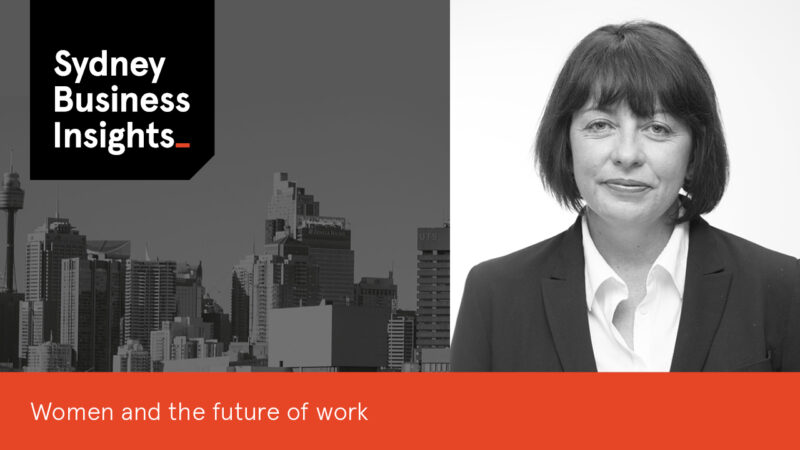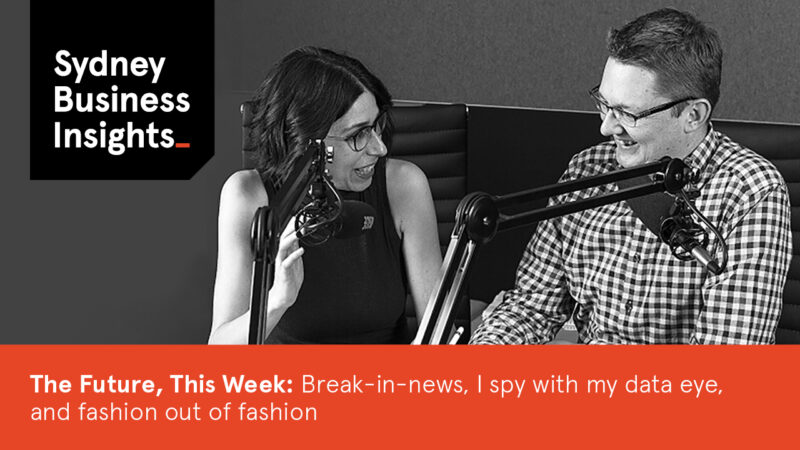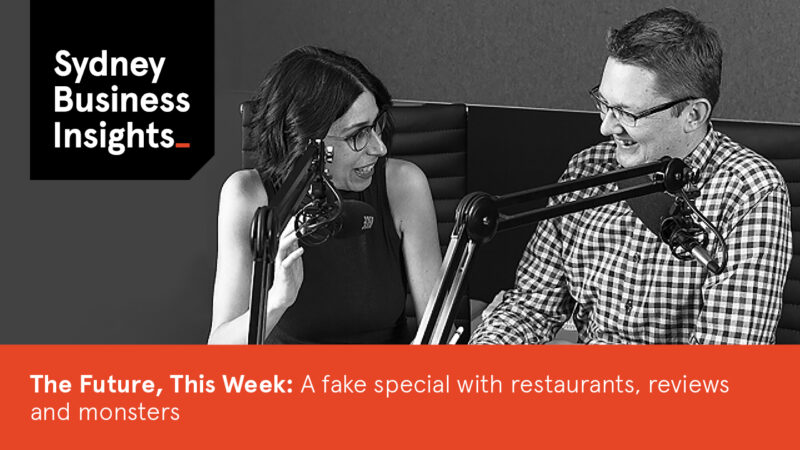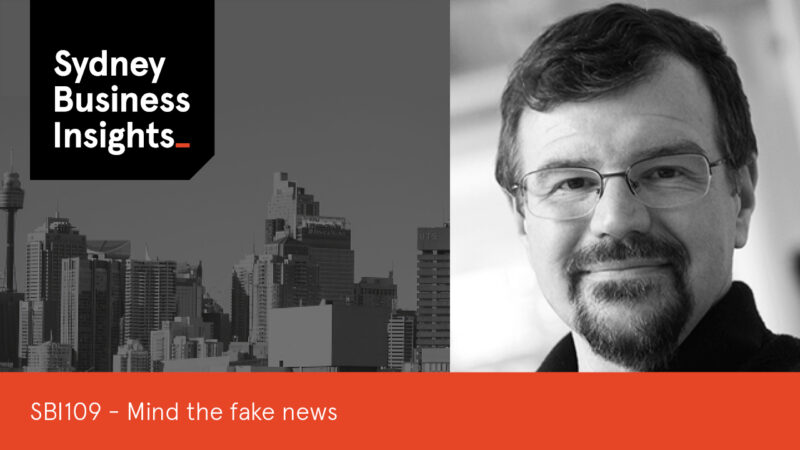Sydney Business InsightsSydney Business Insights,
text
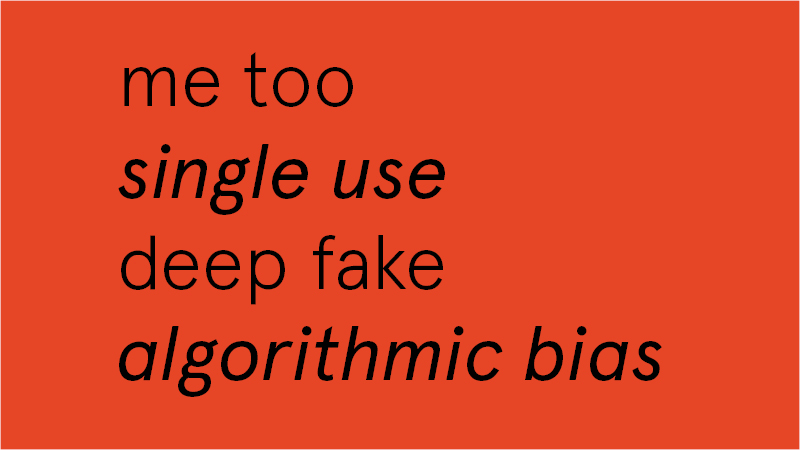
The words that ate 2018
‘Me Too’ is the Macquarie Dictionary’s 2018 Word of the Year.
The phrase became a call to action and surged around the world as women, and then men, adopted it as a shorthand to talk about their experiences of sexual harassment and assault.
Each year the Macquarie Dictionary Committee choose a new word that represents the year gone by. Drawn from a short list, the words selected are both innovative and highly topical: so it’s no coincidence we have delved into some of the issues underlying these evolving words.
Here are links to some of the new words for 2018 and our related stories:
Macquarie Dictionary: Me Too
Of or relating to an accusation of sexual harassment or sexual assault, especially as having occurred at some time in the past and which has since remained undisclosed
SBI Story: Women and the Future of Work
At the same time that revelations of sexual harassment of women at work and the rise of the “me too” movement were making headlines, a team of researchers from The University of Sydney were investigating the working lives of women. The result was a landmark study into what women want at work. And it is different to what men want.
See also: Women and super
Macquarie Dictionary: Single use
Intended for disposal after only one use.
SBI Story: Fast fashion
Fast fashion is the system that sees high-end designs propelled from the cat-walk into retail within 2 weeks. Turnover is also fast – consumers discard more than 50% of their purchases within the year. The fashion maybe cheap but the environmental cost is high – the fashion industry is responsible for 1.2 billion tonnes of greenhouse gas emissions every year. That’s more than international flights and shipping combined. What can you do to reduce your environmental footprint? Our conclusion: fast fashion should be out of style.
Macquarie Dictionary: Deep Fake
Computer generated video of an individual created without their knowledge or involvement often for the purposes of misinformation, vindictiveness or satire.
SBI Story: The Future This Week features fake restaurants, fake news, and (real?) monsters
This recent episode from December 14 peels back the lens to reveal all manner of digital fakery from false restaurant testimonials, AI penned product reviews and, ahem, steamy videos where seeing should not be believing.
And from deep fakes to Fake News: Professor Alan Dennis’ research looks at how our brains react to fake news.
Think you can spot the difference between a real and fake news story on Facebook? Professor Alan Dennis put social-media savvy university students to the truth test – and more than three quarters of them failed to detect what was fake. They would be better off flipping a coin than exercising their own judgement, according to Professor Dennis. Why? We are blinded by our pre-existing beliefs: we interpret new information through the prism of our inbuilt confirmation bias.
Macquarie Dictionary: Algorithmic bias
Prejudice built into a computer algorithm which reflects the bias of the humans who carried out the programming and data selection which were used to create the algorithm.
SBI Story: Our special with ‘Math Babe’ Dr Cathy O’Neil
Mathematician Dr Cathy O’Neil was a “total believer” that maths would could solve many of society’s hidden biases. But her experience working in the banking and finance sector around the time of the GFC opened her eyes to the hidden biases deliberately built into the algorithms that run not only banking but the courts, the health sector and even how individual teachers are assessed. Her book, Weapons of Math Destruction, demystifies the generally inscrutable language employed by the data ‘nerds’. And she is on a crusade to establish a public system for vetting all algorithms.
Sydney Business Insights is a University of Sydney Business School initiative aiming to provide the business community and public, including our students, alumni and partners with a deeper understanding of major issues and trends around the future of business.
Share
We believe in open and honest access to knowledge. We use a Creative Commons Attribution NoDerivatives licence for our articles and podcasts, so you can republish them for free, online or in print.
